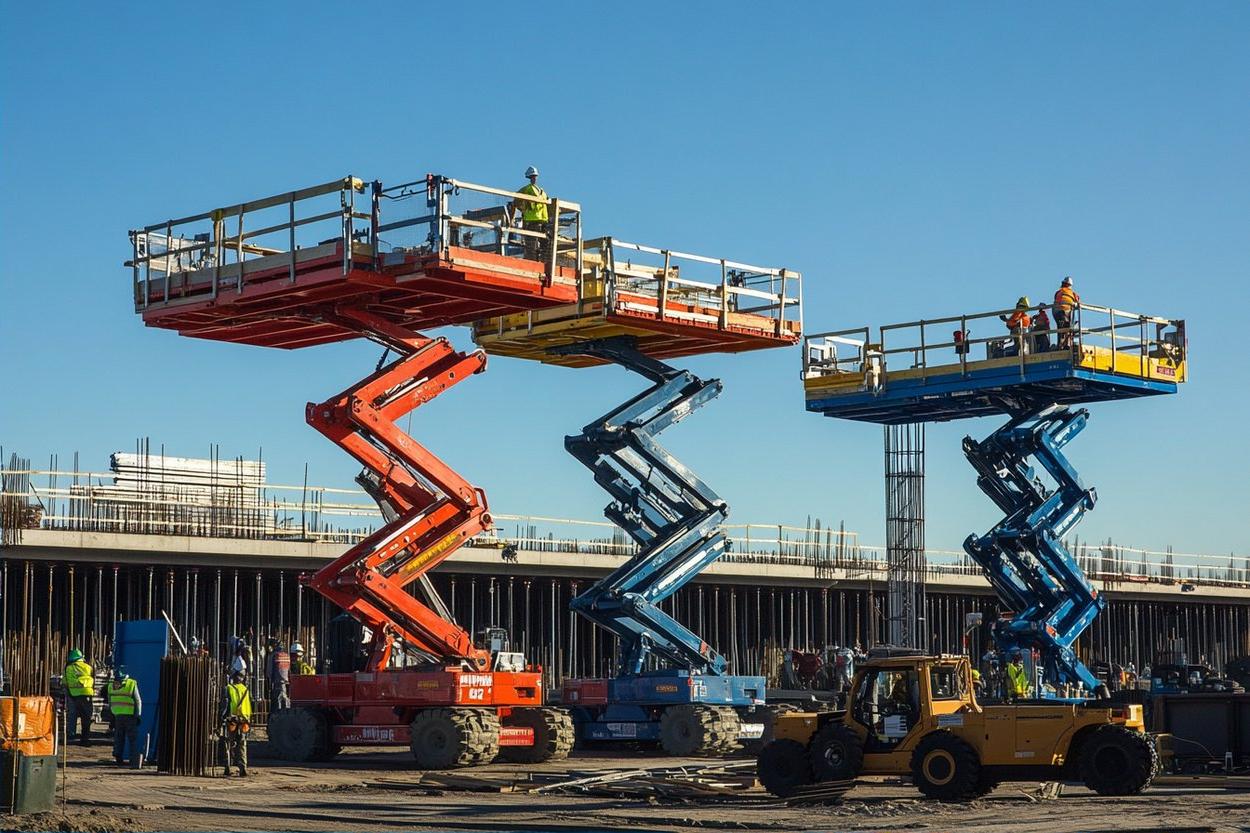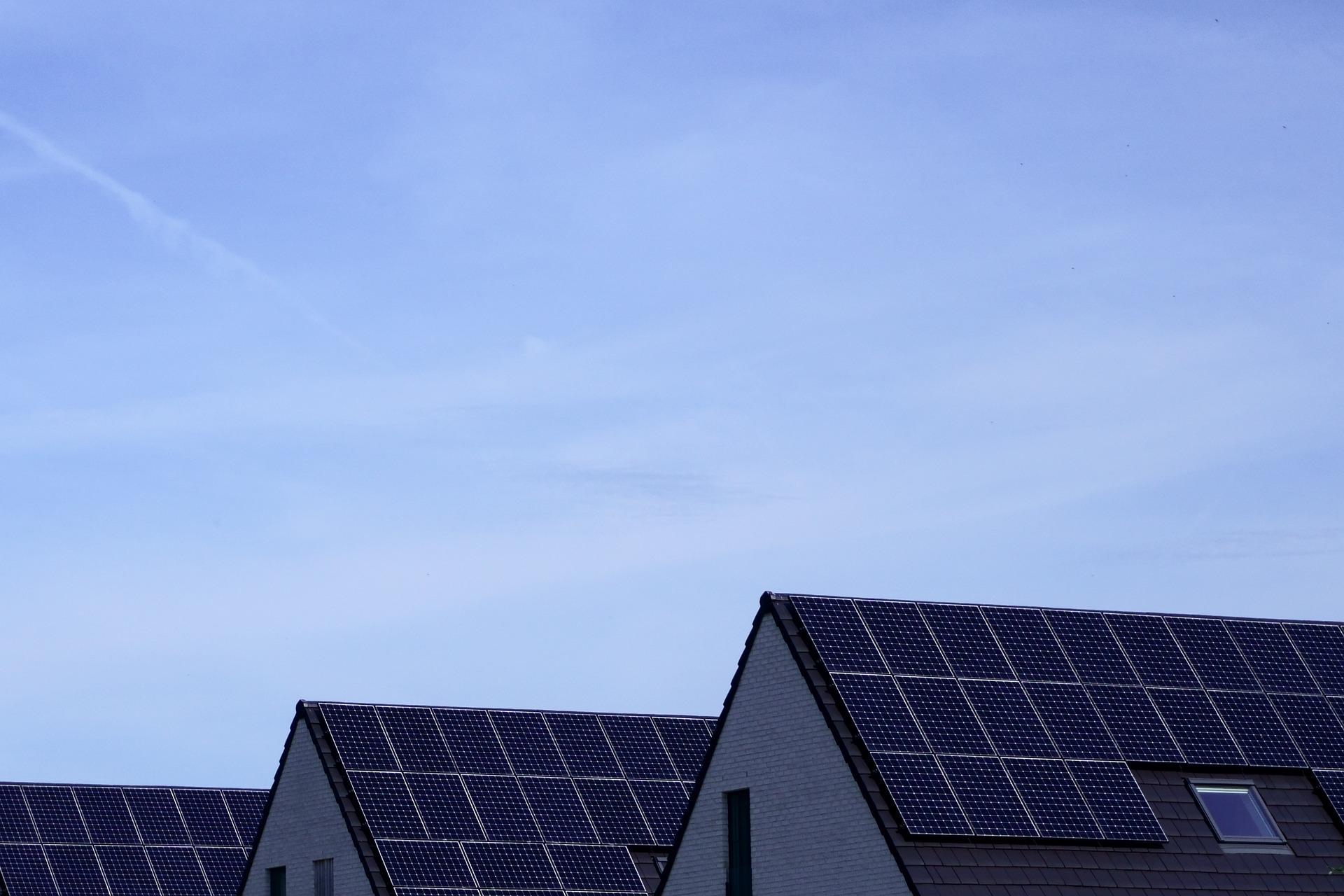Unlock Construction Skilled Labor Careers in Dubai for 2025
Construction skilled labor careers in Dubai continue to attract global workers seeking higher wages and long-term opportunities. In 2025, demand remains strong in infrastructure, commercial building, and residential projects. This guide explores what construction careers involve, skills needed, salary potential, and considerations for relocating to Dubai.

What do construction skilled labor careers involve?
Construction skilled labor careers encompass a wide range of specialized roles within the building industry. These positions typically require hands-on work and technical expertise in specific areas of construction. Common roles include carpenters, electricians, plumbers, welders, masons, and heavy equipment operators. Skilled laborers are responsible for executing various aspects of construction projects, from laying foundations and erecting structures to installing electrical systems and finishing interiors.
In Dubai, construction workers often find themselves working on diverse projects, including residential buildings, commercial complexes, and large-scale infrastructure developments. The nature of the work can be physically demanding and may involve long hours, particularly when projects are on tight schedules. Safety is a paramount concern in the industry, with workers required to adhere to strict safety protocols and regulations.
What is the demand for construction workers in Dubai for 2025?
The demand for construction workers in Dubai is expected to remain strong leading up to 2025. Several factors contribute to this projection:
-
Ongoing development projects: Dubai continues to launch new construction initiatives, including expansions to its transportation infrastructure, hospitality sector, and residential areas.
-
Expo 2020 legacy: While the Expo has concluded, its impact on Dubai’s development plans continues, with many projects aimed at utilizing and expanding upon the Expo site.
-
Vision 2040: Dubai’s urban master plan aims to significantly enhance the city’s built environment, creating a sustained need for skilled construction labor.
-
Sustainability focus: As Dubai shifts towards more sustainable building practices, there’s an increased demand for workers skilled in green construction techniques.
-
Maintenance and renovations: Existing structures require ongoing maintenance and updates, creating a steady demand for skilled laborers.
Given these factors, construction workers with relevant skills and experience are likely to find numerous opportunities in Dubai’s job market through 2025 and beyond.
What are the salary expectations and benefits for construction workers?
Salary expectations for construction workers in Dubai can vary widely based on factors such as skill level, experience, and specific job role. As of 2023, general laborers might expect to earn between 800 to 1,500 AED per month, while skilled workers such as electricians or plumbers could earn 2,000 to 5,000 AED or more, depending on their expertise and the company.
Benefits often include:
-
Accommodation: Many companies provide shared housing for workers.
-
Transportation: Employers typically arrange transportation to and from work sites.
-
Health insurance: Basic health coverage is mandatory for all workers in Dubai.
-
Annual leave: Workers are entitled to paid annual leave as per UAE labor law.
-
End-of-service benefits: Gratuity payments are provided based on the duration of employment.
It’s important to note that these figures are estimates and can change based on market conditions and individual company policies.
Prices, rates, or cost estimates mentioned in this article are based on the latest available information but may change over time. Independent research is advised before making financial decisions.
What skills and training are needed for construction careers in Dubai?
To succeed in Dubai’s construction industry, workers need a combination of technical skills, practical experience, and certain personal attributes. Key requirements include:
-
Technical expertise: Proficiency in specific trades such as carpentry, masonry, electrical work, or plumbing is essential.
-
Safety awareness: Understanding and adhering to safety protocols is crucial in the construction industry.
-
Physical fitness: Many roles require stamina and the ability to perform physical labor in challenging conditions.
-
Language skills: While not always mandatory, basic English or Arabic language skills can be beneficial.
-
Adaptability: The ability to work in a multicultural environment and adapt to new technologies is valuable.
-
Certifications: Depending on the role, certifications in areas like welding, scaffolding, or heavy machinery operation may be required.
Training opportunities for construction workers in Dubai include:
-
Vocational programs: Several technical institutes in Dubai offer courses in construction-related skills.
-
On-the-job training: Many companies provide training programs for their employees to enhance skills and ensure compliance with local standards.
-
Safety courses: Mandatory safety training is often provided by employers or third-party organizations.
-
Upskilling workshops: Some organizations offer workshops to help workers adapt to new technologies and sustainable building practices.
As Dubai’s construction industry continues to evolve, workers who invest in ongoing skill development and stay updated with industry trends are likely to find the most promising career opportunities leading up to 2025 and beyond.




